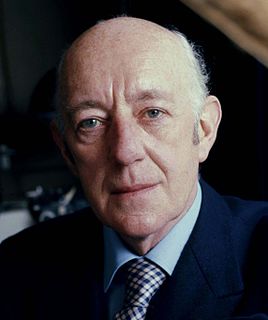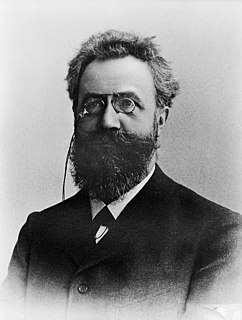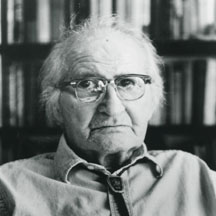Цитата Эдварда Бульвер-Литтона, 1-го барона Литтона
Я полагаю, что между автором и его произведениями гораздо меньше различий, чем это предполагается в настоящее время; Обычно во внешности писателя, в его манерах, в его осанке, в его внешности, он не соответствует идеалу, который формирует из себя разумный человек, - редко в своем уме.
Связанные цитаты
Мастер в искусстве жизни делает мало различия между своей работой и своей игрой, своим трудом и своим досугом, своим умом и своим телом, своей информацией и своим отдыхом, своей любовью и своей религией. Он едва ли знает, что есть что. Он просто преследует свое видение совершенства во всем, что делает, предоставляя другим решать, работает он или играет. Для него он всегда делает и то, и другое.
Когда Небо собирается возложить на человека великую должность, оно сначала напрягает его ум страданием, а его сухожилия и кости - тяжелым трудом; оно подвергает его тело голоду и подвергает его крайней нищете; это сбивает с толку его предприятия. Всеми этими методами оно стимулирует его ум, ожесточает его натуру и восполняет его несостоятельность.
В настоящее время человек применяет к природе лишь половину своей силы. Он работает над миром только своим пониманием. Он живет в нем и овладевает им с грошовой мудростью; и тот, кто работает больше всего в нем, всего лишь получеловек, и хотя его руки сильны и его пищеварение хорошо, его ум развит, и он эгоистичный дикарь.
Когда человек, о котором вы знаете, что он в здравом уме, говорит вам, что его недавно умершая мать только что пыталась залезть в окно его спальни и съесть его, у вас есть только два основных варианта. Вы можете понюхать его дыхание, измерить его пульс и проверить его зрачки, чтобы увидеть, не проглотил ли он что-нибудь гадкое, или вы можете поверить ему.
Это Божья земля, из которой взят человек. От него у него есть тело. Его тело принадлежит его сущности. Тело человека — не его тюрьма, его оболочка — его внешность, а сам человек. У человека нет тела; у него нет «души»; скорее он «есть» тело и душа. Вначале человек действительно является его телом. Он один. Он есть его тело, как Христос есть полностью его тело, как Церковь есть тело Христово.
Отсоедините писателя от среды, в которой он испытал наибольшее чувство принадлежности, и вы создадите разрыв в его личности, короткое замыкание в его идентичности. Результатом является его оригинальность, его творчество подходит к концу. Он становится писателем одной книги или автором одной трилогии.
Человек в его сыром, естественном состоянии, когда он выходит из утробы, морально и духовно испорчен по характеру и характеру. Каждая часть его существа — его разум, его воля, его эмоции, его привязанности, его совесть, его тело — были затронуты грехом (именно это подразумевается под учением о полной испорченности).
Всякий действительно способный человек, в каком бы направлении он ни работал, — человек большого дела, изобретатель, государственный деятель, оратор, поэт, художник, — если вы с ним искренне разговариваете, считает его труд, каким бы восхищенным он ни был, слишком коротким. того, что должно быть. Что есть это Лучшее, этот летящий Идеал, как не вечное обещание его Творца?
Плохая фактическая разница в возрасте (а мистер Вудхауз не женился рано) усугублялась его телосложением и привычками; поскольку всю свою жизнь он был расточительством, без деятельности ума и тела, он был гораздо старше в отношениях, чем в годах; и хотя везде его любили за дружелюбие сердца и любезный нрав, его таланты ни в какое время не могли его зарекомендовать.
Я любил своего друга за его кротость, за его прямоту, за его добрую славу, за его свободу даже от моих собственных, более живых манер, за его спокойную и разумную доброту. Меня привлекал в нем не какой-то особый талант или что-то еще поразительное. Я должен сказать одним словом, это была его доброта.




































